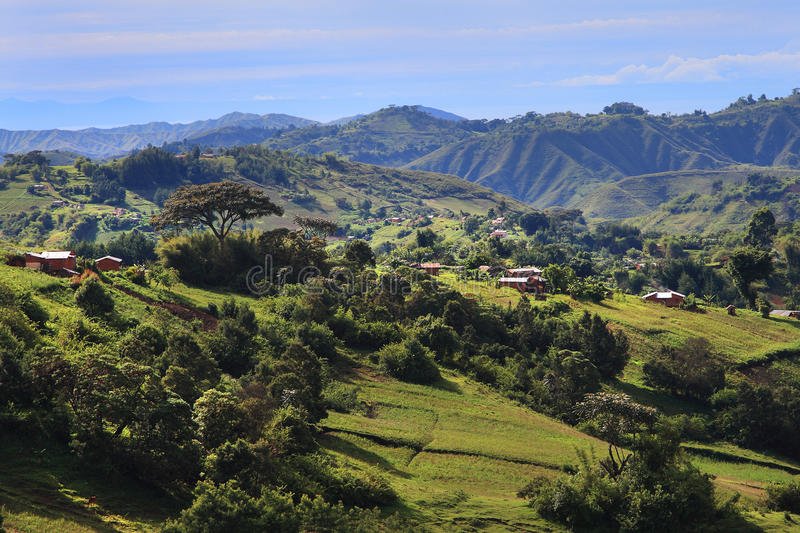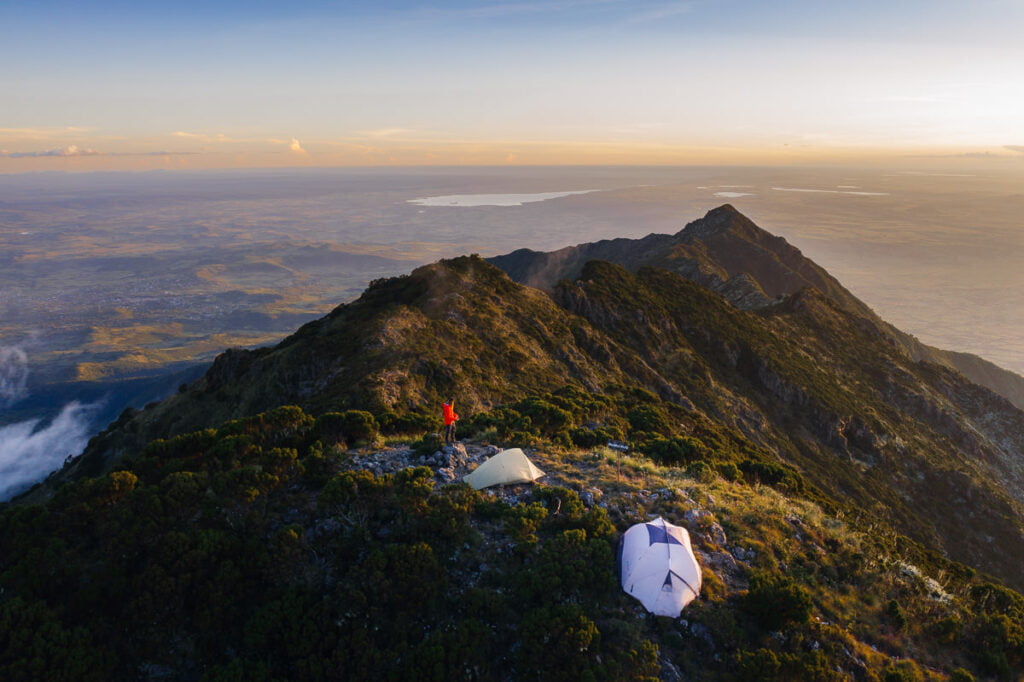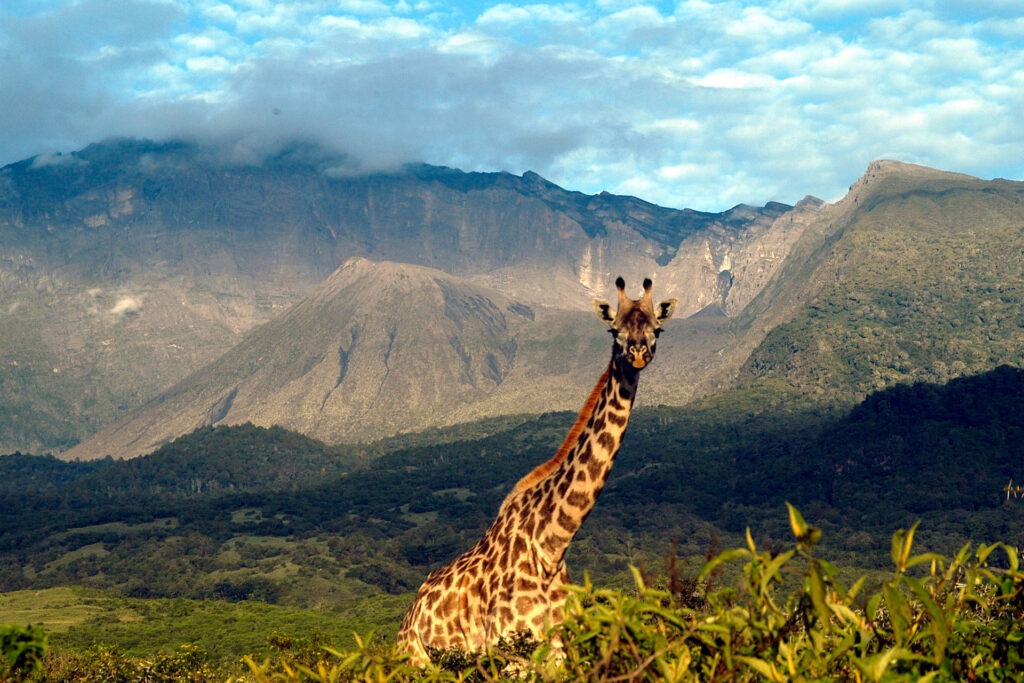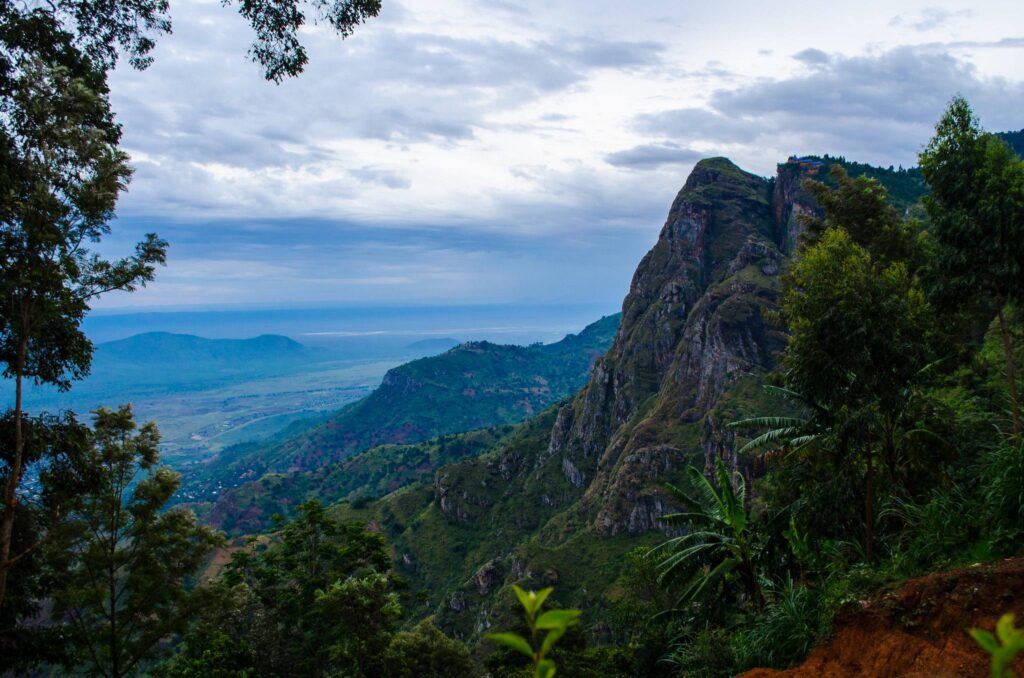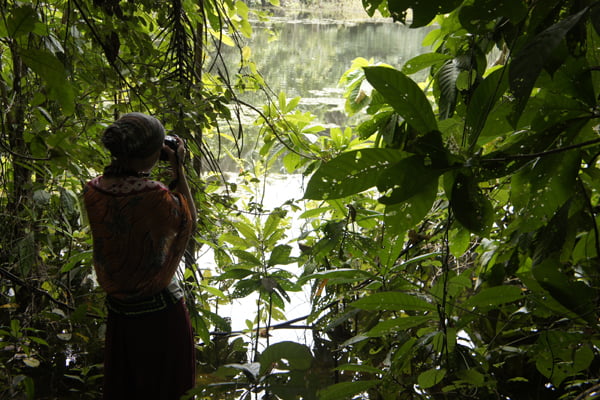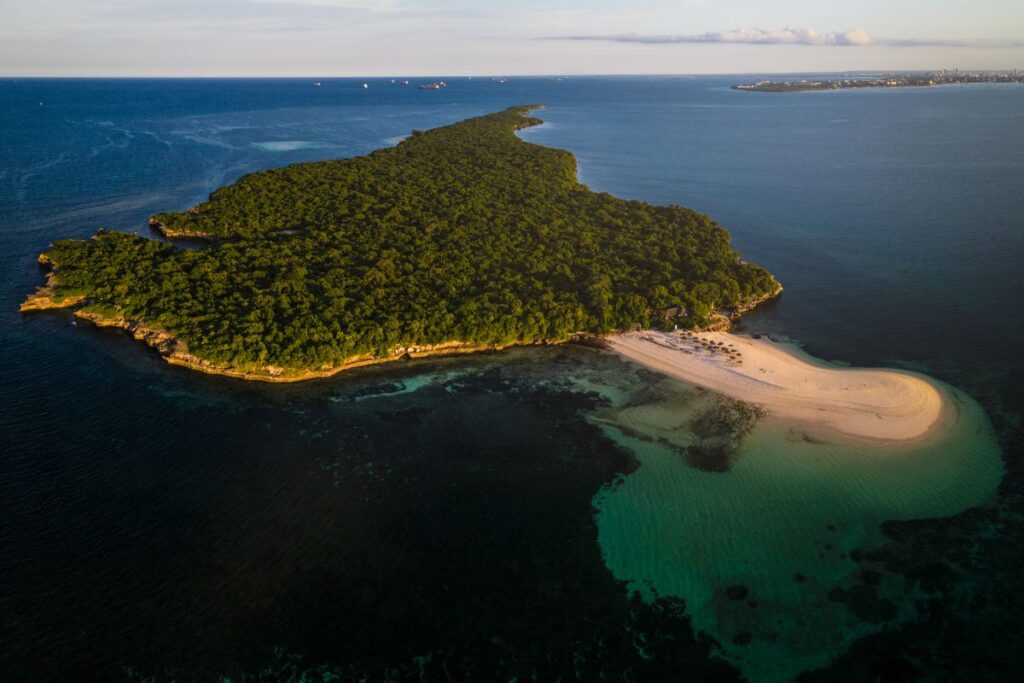Mount Tongwe: An Off-the-Beaten-Path Trekking Experience in Tanzania
Mount Tongwe, located in the northern part of Tanzania near the border with Kenya, is an off-the-beaten-path trekking destination that offers adventurers a unique blend of challenging ascents, stunning landscapes, and rich cultural encounters. Unlike the more renowned peaks such as Kilimanjaro and Meru, Mount Tongwe provides a more secluded and intimate trekking experience, perfect for those seeking solitude and a deeper connection with nature. This blog post explores the allure of Mount Tongwe, detailing its trekking routes, natural beauty, and cultural significance. The Allure of Mount Tongwe Geographical Overview: Mount Tongwe stands at approximately 3,000 meters (9,843 feet) and is part of the Eastern Arc Mountains. Its rugged terrain and dense forests make it a captivating destination for trekkers seeking adventure. Untouched Wilderness: The mountain remains relatively untouched by mass tourism, offering a pristine and serene environment ideal for those looking to escape the crowds. Trekking Routes and Highlights The Western Trail: This route takes trekkers through dense tropical forests, past cascading waterfalls, and offers panoramic views of the surrounding highlands and distant wildlife reserves. The Eastern Ridge: A more challenging path that traverses rocky terrains and steep ascents, rewarding trekkers with breathtaking vistas and a sense of accomplishment upon reaching the summit. The Southern Loop: This trail circles the southern side of Mount Tongwe, providing a comprehensive trekking experience through varied landscapes, including lush meadows, rocky outcrops, and serene streams. Natural Wonders Along the Trek Lush Forests: Trek through dense, biodiverse forests teeming with endemic plant species, vibrant butterflies, and elusive primates, offering a rich and immersive nature experience. Waterfalls and Streams: Encounter numerous waterfalls and crystal-clear streams that add a refreshing element to your trekking journey, perfect for relaxation and photography. Panoramic Views: Enjoy stunning panoramic views from various points along the trek, where you can gaze out over expansive landscapes, wildlife reserves, and the shimmering African plains. Wildlife Encounters Endemic Species: Mount Tongwe is home to a variety of endemic species, including the rare Usambara eagle-owl, the vibrant sunbird, and the elusive bushbuck. Birdwatching Paradise: The mountain is a haven for birdwatchers, boasting a diverse array of bird species, making each trek a delightful experience for ornithologists and nature enthusiasts alike. Mammal Sightings: Encounter diverse mammals such as vervet monkeys, bushbucks, and the occasional leopard, enhancing the trekking adventure with unexpected wildlife sightings. Cultural Insights Local Tribes: The region surrounding Mount Tongwe is inhabited by the Chaga and Maasai tribes, known for their rich cultural traditions, vibrant dances, and intricate beadwork. Cultural Interactions: Engage with local communities to learn about their traditional lifestyles, participate in cultural ceremonies, and gain insights into their harmonious coexistence with the mountain’s natural environment. Preparation and Tips for Mount Tongwe Trekking Physical Conditioning: Essential training tips to build the necessary endurance and strength for trekking Mount Tongwe, including cardio exercises, strength training, and flexibility routines. Gear Essentials: A comprehensive list of trekking gear tailored to Mount Tongwe’s climate and terrain, ensuring comfort and safety throughout your journey. Guided Tours: The benefits of choosing guided tours with Future African Safari, including knowledgeable guides, well-planned itineraries, and comprehensive safety measures. Unique Experiences on Mount Tongwe Sunrise and Sunset Treks: Capture the magical colors of sunrise and sunset from various vantage points, where the sky transforms with vibrant hues over the African landscape. Night Trekking: Experience the tranquility of night trekking, observing nocturnal wildlife and enjoying the serene ambiance under the starlit sky. Local Cuisine: Savor traditional Tanzanian dishes prepared by local communities, offering a delicious and authentic taste of the region’s culinary heritage. Safeguarding Your Trek Environmental Responsibility: Tips on minimizing your environmental impact, respecting local cultures, and adhering to sustainable trekking practices. Safety Protocols: Understanding the importance of safety measures, including emergency preparedness, proper hydration, and acclimatization to prevent altitude sickness. Mount Tongwe offers a unique trekking adventure that combines challenging ascents, stunning natural beauty, and rich cultural interactions in a secluded and pristine environment. Whether you’re an experienced trekker seeking a new challenge or a nature enthusiast yearning for a tranquil escape, Future African Safari provides expertly guided treks to Mount Tongwe, ensuring a safe and unforgettable experience. Embark on a journey to Tanzania’s hidden mountain gem and discover the untouched beauty of Mount Tongwe. Book With Us
Mount Tongwe: An Off-the-Beaten-Path Trekking Experience in Tanzania Read More »


